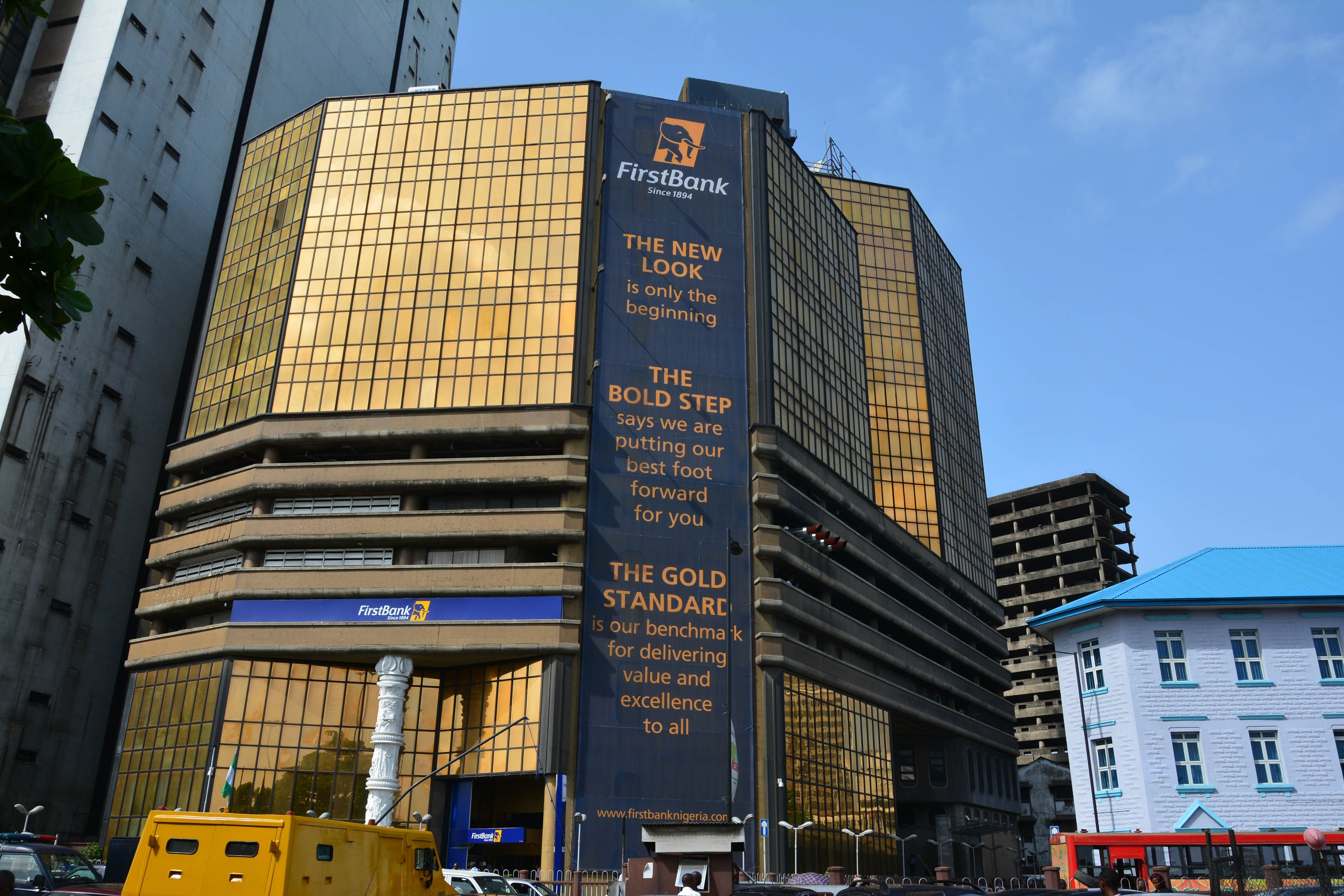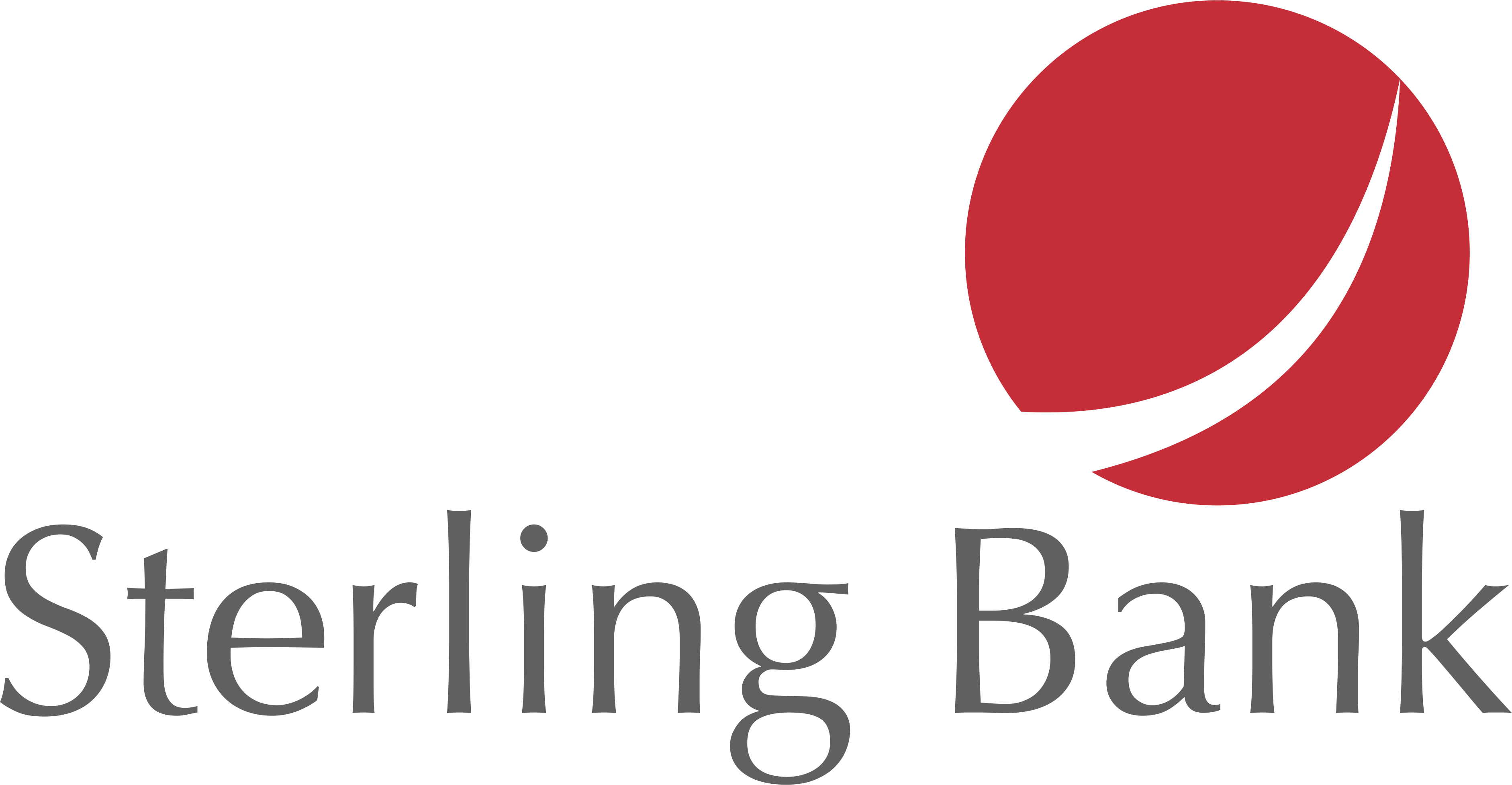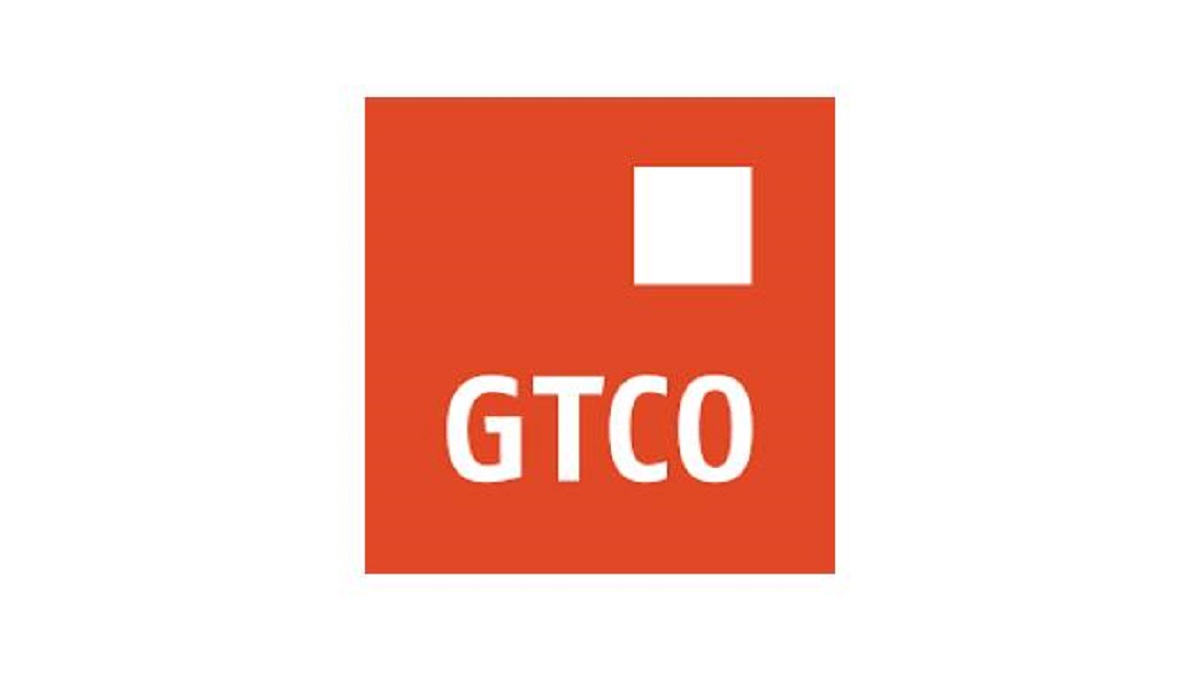Business
When a Bank Puts SMEs First

Last week will go down as one of the most challenging weeks, if not the most challenging, Nigeria has faced in 2020. What started out weeks before as very well-organised peaceful protests by young Nigerians campaigning to #EndSARS, was supplanted by hoodlums engaging in wanton looting, arson and destruction of public and private properties across many states at an unprecedented scale. By the end of the week, many lives had been lost, many properties and businesses completely destroyed and Nigeria has been left reeling from a shock that dwarfs any the country felt even at the peak of the COVID-19 outbreak.
In keeping with the Nigerian spirit of being one’s brother’s keeper, equally unprecedented efforts by individuals, groups and corporate organisations to try to provide assistance for people and businesses affected by the crises of the past week, have followed. Individuals and groups have announced donations of cash and materials, set up helplines to offer psychological counselling and support, and started online crowd-funding efforts in support of victims. Among corporate organisations, we have seen banks take a leading role. Some banks, such as Access Bank and Stanbic IBTC, have announced funds or desks they have set up to receive requests from, and process assistance for, affected individuals and businesses. One of these banks’ efforts include pledged interest-free loans and grants that affected businesses and individuals can access.
Another bank has seen thousands of requests for assistance pour in through the online channel it set up for the purpose. The requests have flowed in, not only because of the victims’ desperation for help, but also because of the humane approach to banking that this institution adopts. Always putting the customer at the heart of its business, FirstBank has been showing empathy with all those who have experienced one loss or the other as a result of the crises. Since last week, the bank has been seeking every opportunity to identify with people who are currently grieving and hurting.
Although the largest and most prominent member of Nigeria’s leading financial powerhouse, the FBNHoldings Group that is a one-stop shop for financial services ranging from commercial and investment banking to financial advisory, insurance brokerage and pensions custodianship, FirstBank is neither immune nor removed from the challenges people face. It is a human institution with thousands of humans working as employees to provide bespoke banking products and services to millions of other humans whose pulse the bank feels through its employees. Being part of a group with expertise across the broad spectrum of financial services, makes FirstBank the banking partner with the broadest shoulders to assist SMEs buffeted by the wave of violence witnessed across the nation last week.
Given the interconnectivity between Nigeria and FirstBank’s history, it is no surprise that a tumultuous week in Nigeria is giving way to one with stories of hope and optimism by Nigerians badly affected by the crises of the past week, who are looking to FirstBank for assistance. These Nigerians have been encouraged by the strides FirstBank has made over the years in the SME space as the bank of first choice for small businesses. Built around seven strategic pillars – of connect to infrastructure, connect to talent, capacity building, policy and regulation, connect to resources, connect to market as well as connect to finance – considered essential for the sustainability and growth of SMEs and intended to promote a healthy business interaction and adaptability of the SMEs with their immediate environment, FirstBank’s involvement with SMEs, through SMEConnect (the bank’s branded bouquet of empowerment initiatives, products and services tailor-made for SMEs), has been one that has sought to facilitate their growth into future economic powerhouses playing ever-increasing roles in Nigeria’s economic development.
Since its maiden SME National Conference in 2014, FirstBank has annually engaged small businesses and SME owners in series of empowerment seminars and workshops designed to improve their business capacity. Only this year, FirstBank held its inaugural SME Business Clinic in Lagos, Port Harcourt and Abuja with many SMEs in attendance. The SME Business Clinic featured Abayomi Adewumi, CEO of the Global Leadership Institute and an industry expert and business growth consultant with vast experience working with SMEs. He engaged participants on the FirstBank SME diagnostic tool designed for SMEs to check the health of their business, better understand it and drive profitability.
In 2019, FirstBank organised a weeklong SME event which had owners of SMEs in different sectors mentored across multiple states in the country. It was the first of its kind in the industry. Organised in partnership with SME Traction, a leading business coaching platform, it was aimed at empowering SMEs to make informed choices about their businesses, thereby facilitating growth and bolstering their contribution to the development of the economy. At the event, FirstBank’s Deputy Managing Director, Gbenga Shobo, underlined the importance the bank attaches to SMEs. He said: “At FirstBank, we recognise the impact SMEs have in promoting growth of the economy and are excited at the opportunity to continue to enable them prosper by strategically contributing to the sustainability of their business. We remain the trusted financial partner of SMEs and reiterate our resolve to be known as the brand that enables their success; much the same way that we have for over 125 years enabled Nigerians and the economy at large.”
This same point was elaborated at another FirstBank SME event, “Food Souk”, convened in 2019 in partnership with Eventful Limited, an events management firm, where the bank restated its commitment to the Federal Government’s diversification drive, promising to continue to support the agricultural value chain from production to consumption to create opportunities for SMEs in the food sector so they could in turn create job opportunities. The bank also extended its hand of partnership to all small businesses involved in organising different trade fairs and exhibitions. A food vendor at the event, Ms Ijeoma Ebeneme, the Chief Executive Officer, JEM N Iris, commended FirstBank for putting the event together. Ebeneme said she was at the food fair to make profit, meet new clients as well as create the needed publicity for her brand. It is for people like Ebeneme that FirstBank maintains an SME website (https://smeconnect.
In support of owners of SMEs operating in the education sector, FirstBank, in partnership with the Lagos State Employment Trust Fund (LSETF), set up a matching fund scheme of ₦5 billion LSETF-FirstEdu Loan. Officially launched in September by Governor Babajide Sanwo-Olu of Lagos State and Dr Adesola Adeduntan, Managing Director/CEO of FirstBank, the scheme aims to cushion the impact of Covid-19 pandemic on low-cost private schools by ensuring lending at an attractive interest rate. Speaking at the launch, Dr Adeduntan said: “At FirstBank we recognise the indelible role played by the education sector in the growth of any economy and this underscores our partnership with Lagos State Government for continuous development of the education services in Lagos State and the nation as a whole. The commitment by the Lagos State Government – including this partnership – to enable schools is quite commendable as this will mitigate the challenges caused by the lockdown on the education sector following the COVID-19 pandemic.”
It is for efforts like all those highlighted above and many more that the 2019 edition of KPMG’s Annual Banking Industry customer Satisfaction Survey named FirstBank as the biggest mover in the SME space. The 2014 edition of the Survey had named the bank as the most popular bank among MSMEs for both deposit transactions and credit/loan facilities with 26 per cent of the SMEs surveyed identifying the bank as one where they had an ongoing loan facility or had obtained one in the recent past. It is also for the same reason that the unfortunate events of the last week have reignited the bond between Nigerians and FirstBank, a partner that they can bank on in times of need. The bank’s track record leaves no one in any doubt of its unwavering commitment to continue to weather all storms with Nigeria and Nigerian SMEs with whom it shares a common destiny.
Culled from BusinessDay
Business
Sterling Bank Abolishes Account Maintenance Fees

Sterling Bank, on Wednesday, announced the removal of account maintenance fees on all personal accounts, describing the decision as a “gift” to Nigerians in celebration of the country’s 65th Independence Day.
The decision, which follows the abolition of transfer fees on local online transactions in April 2025, was outlined in a statement shared by the bank. The bank said the policy would allow customers to keep more of their earnings, framing it as a step toward financial freedom.
“Every fee we remove is one less barrier between our customers and true financial freedom. This was the rationale behind eliminating transfer fees in April, and it is the same principle we uphold as we eliminate account maintenance fees,” Sterling Bank’s Managing Director, Abubakar Suleiman, said.
The statement highlighted that in 2024 alone, tier-1 banks in Nigeria earned over ₦650 billion from account maintenance and e-banking charges. “This decision cuts at the heart of a revenue model that has long cost Nigerian customers dearly,” the bank noted.
Obinna Ukachukwu, Sterling’s Growth Executive for Consumer and Business Banking, said the initiative was intended to strengthen long-term relationships with customers. “This initiative is about building lasting relationships that fuel sustainable growth. We put transparency and customer value first, and in doing so, we are building a foundation that serves both our customers and Sterling’s future,” he said.
Sterling Bank also framed the removal of fees as part of a broader strategy to make banking more inclusive and customer-focused. The April 2025 transfer fee abolition had already eliminated charges on all local online transactions, easing costs for individuals and small businesses. At the time, Ukachukwu described the move as a values-driven decision aimed at ensuring fair access to money.
“Access to your own money shouldn’t come with a penalty. This is more than a financial decision—it’s about redefining banking to put customers first,” Ukachukwu said.
The latest move aligns with Sterling’s positioning as a bank committed to transparency, customer value, and digital innovation, and it signals a continued effort to reshape banking practices in Nigeria.
Business
GTCO Announces Pre-Tax Profit of N600.9bn for H1 2025

Guaranty Trust Holding Company Plc has reported a profit before tax of N600.9 billion for the half year ended June 30, 2025.
The figure is contained in the company’s audited consolidated and separate financial statements, which were released to the Nigerian Exchange Group and the London Stock Exchange.
The group stated that the performance was driven by growth in core earnings lines, including interest income and fee income, which rose year-on-year by 31.5% and 33.0%, respectively.
It explained that the growth helped to cushion the absence of N493.01 billion in fair value gains recorded in 2024, resulting in a 40 per cent decline.
GTCO stated that its total assets stood at N16.7 trillion, while shareholders’ funds totaled N3.0 trillion during the review period.
It added that its balance sheet remained strong, diversified, and de-risked across operating jurisdictions, as well as its payments, pension, and funds management businesses.
The group disclosed that its Capital Adequacy Ratio closed at 36.2 per cent, while asset quality improved with IFRS 9 Stage 3 loans declining to 3.2 per cent.
At the group level, Stage 3 loans stood at 4.5 per cent, compared with 5.2 per cent in December 2024.
Similarly, the cost of risk improved to 1.7 per cent from 4.9 per cent recorded in December 2024.
The company stated that its net loan book increased by 20.5 per cent, from N2.79 trillion in December 2024 to N3.36 trillion in June 2025.
Deposit liabilities also increased by 16.6 per cent from N10.40 trillion to N12.13 trillion during the same period.
The board of GTCO approved an interim dividend of N1.00 per share for the half year ended June 30, 2025.
Commenting on the results, Segun Agbaje, Group Chief Executive Officer, said the half-year performance reflected business strength and progress towards building a diversified financial services ecosystem.
He said beyond last year’s extraordinary one-off gains, the group was now driving sustainable growth with recurring earnings that demonstrated the resilience and scalability of its model.
Mr Agbaje noted that continued investment in technology, particularly in core banking upgrades, was delivering stronger uptime, efficiency, and greater capacity to scale with a growing customer base.
He added that across banking, funds management, pension, and payments, GTCO was leveraging a de-risked balance sheet to reinforce its market position while maintaining strategic flexibility. According to him, this foundation positions the group to seize emerging opportunities and deliver lasting value for all stakeholders.
Mr Agbaje stressed that GTCO had continued to post some of the best metrics in Nigeria’s financial services industry in terms of key financial ratios. He said the group recorded Pre-Tax Return on Equity of 60.4 per cent, Pre-Tax Return on Assets of 10.6 per cent, Capital Adequacy Ratio of 36.2 per cent, and Cost-to-Income ratio of 30.1 per cent.
NAN
Business
FirstBank Partners Organisers to Host E1 Lagos GP

In line with its commitments of promoting sports and developmental initiatives at all levels, First Bank of Nigeria Limited is partnering the organizers of the first of its kind E1 Lagos GP an all-electric powerboat racing championship, set to hold between the 3rd and 5th of October 2025.
Disclosing this at the E1 Lagos GP Stakeholder Immersion session in Lagos recently, Olayinka Ijabiyi, the Acting Group Head, Marketing and Corporate Communication of FirstBank, reaffirmed the Bank’s commitment to supporting initiatives that engender human development across the country while cementing legacies.
“Our involvement in the E1 Lagos GP is about driving legacy and enabling the passions and aspirations that unite Nigerians. We are a bank that has been in business for over 131 years and we recognize that sports drives us as a country, which is why through our First@Sports initiative, we continue to invest in platforms that inspire and elevate our people. We have been supporting legacy sport tournaments like the Georgian Polo Cup which we have hosted for 105 years, and the Lagos Amateur Open Golf Championship for 64 years now,” Ijabiyi said.
With the event slated for the start of the fourth quarter, FirstBank is aligning its partnership with the annual DecemberIssaVybe initiative, a campaign that celebrates the vibrant spirit of Nigerians during the festive season by curating unforgettable experiences that blend culture, entertainment and lifestyle. “FirstBank is deeply woven into the fabric of society and the lives of our customers. As presenting partner, we are creating meaningful touchpoints with customers and prospects, offering them a world-class experience of relaxation and celebration that captures the true essence of Lagos during the festive season,” he added.
Lagos State Commissioner for Information and Strategy, Gbenga Omotoso, who was also at the event, described the initiative as an event that will grow not just the sports but also showcase Lagos’s vibrant culture, dynamic people, and global relevance, while commending FirstBank for their support.
The teams owned by notable stars like Tom Brady, LeBron James, Didier Drogba, Will Smith, Marc Anthony, Steve Aoki, Rafael Nadal will compete in the Lagos leg before the 2025 season of the competition terminates in Miami in the United States.






